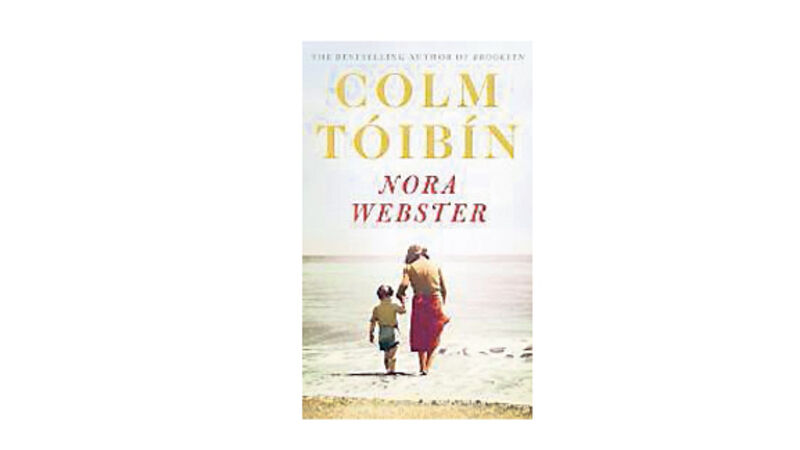From despair to regeneration

EARLY in Colm Tóibín’s new novel his titular protagonist is gifted a book written by the French palaeontologist and Jesuit philosopher Pierre Teilhard de Chardin. It is an offhand moment, easily overlooked, yet Teilhard’s abandonment of dogma in favour of personal growth and spiritual evolution sets the stage for Tóibín’s multifaceted Nora Webster to rediscover her courage and joy in small town, 1960s Ireland. It is key to what, at heart, is the story of a character and a country creating themselves anew.
Nora has just lost her husband and with him her sense of security. She has, though it understandably takes time for her to notice, also gained the prospect of escaping the constraints which society at the time has placed upon her. Forced to “manage” for the sake of her children, Nora begins to resist her increased isolation and marginalisation, exactly the societal ills of which Teilhard warned. She begins a journey of considerable emotional resonance which, ultimately, sees her leaving behind the material worries of the novel’s first half for the mental fulfilment and air of community found in the latter portion’s quiz nights and songs.











